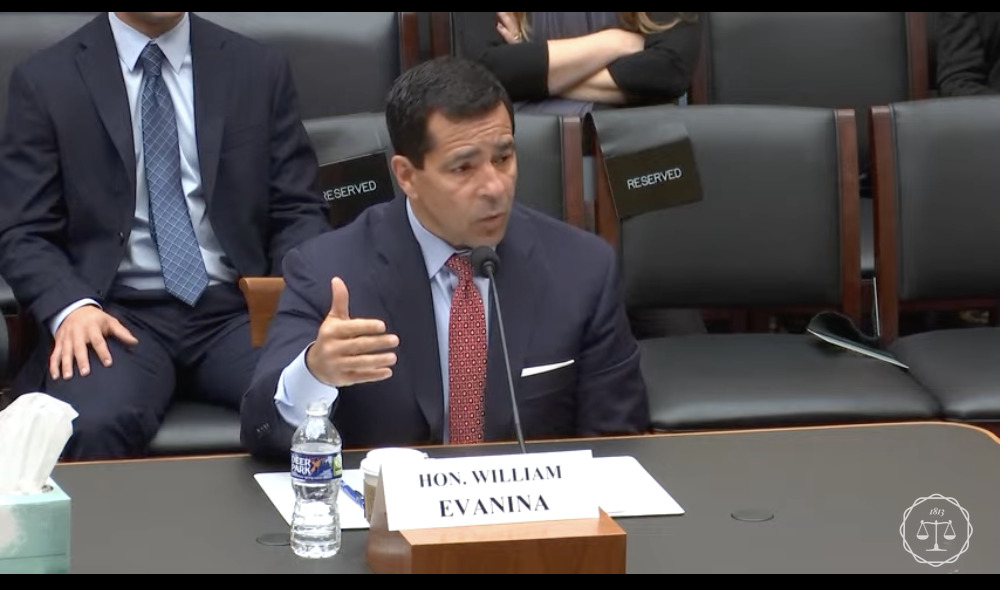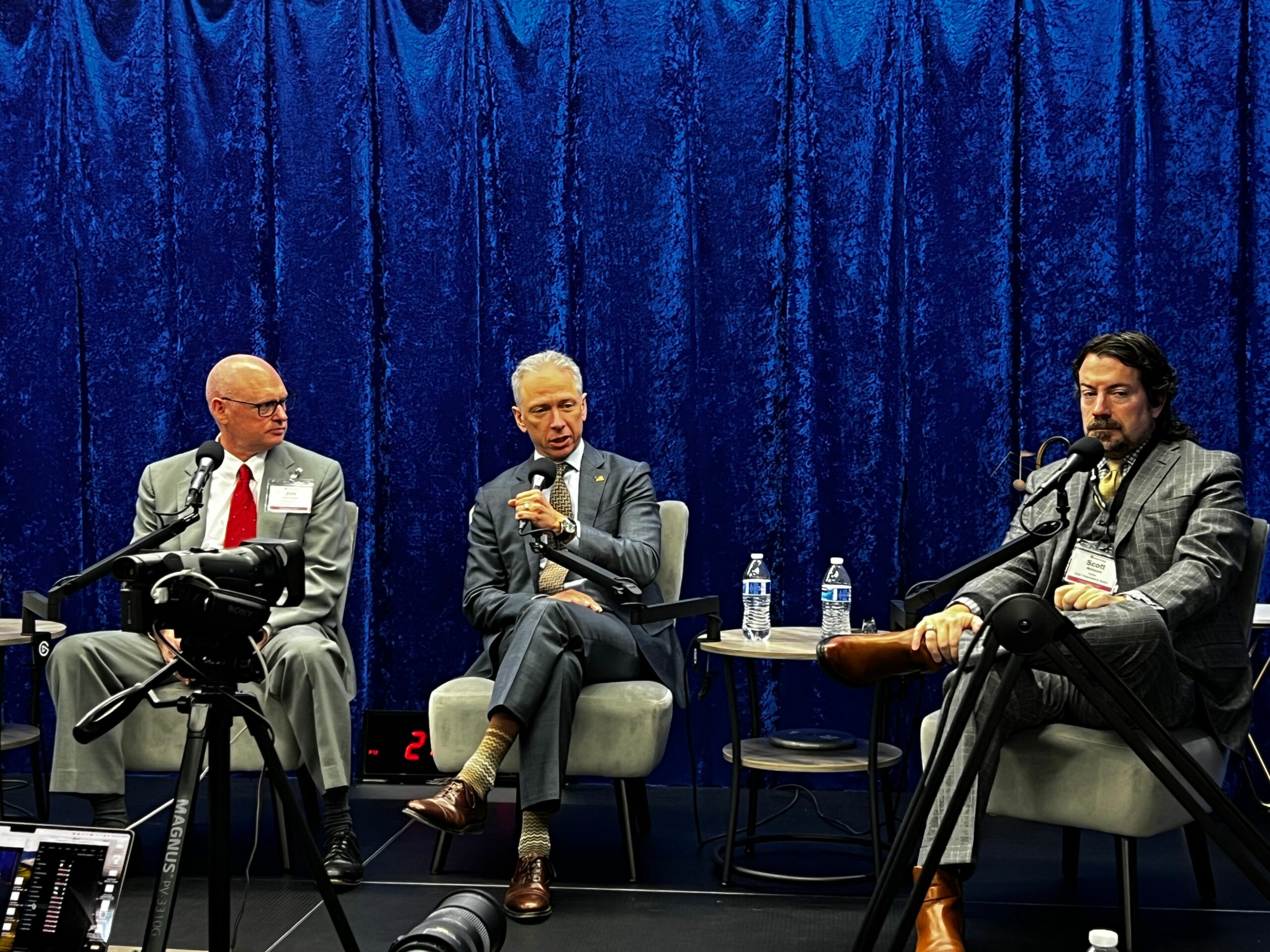Implications for Pharma/ Biotech and Beyond
“Amgen argues the Federal Circuit’s view of the relevance of the ‘quantity of experimentation’ is misplaced. Instead, ‘quality of experimentation’ is what is at issue in determining the presence of undue experimentation.”
On November 4, the U.S. Supreme Court granted Amgen’s petition for certiorari against the advice of the U.S. government – taking up Amgen’s challenge to the Federal Circuit’s enablement review of its PCSK9 antibody patents covering evolocumab (Repatha®). In its petition, Amgen asserts that the Federal Circuit has gone too far in invalidating its PCSK9 antibody patents by imposing a disclosure burden beyond the requirements of 35 U.S.C. § 112. Notably, the Supreme Court, albeit with a different composition, recently declined to hear several other similar cases raising issues with the Federal Circuit’s enablement precedent.
Genus Claiming and Disclosure
Amgen’s patent claims use generic language to define its invention. Instead of claiming the structural components of the antibody, Amgen claimed the antibody based on what it does – bind to specific amino acid sequences of PCSK9. Generic or genus claiming is a common strategy utilized by patent practitioners and serves an important purpose to prevent obvious and minor modifications to the claimed invention in an effort to avoid infringement.
The enablement requirement proscribed in 35 U.S.C. § 112 requires that patent applications contain sufficient disclosure to allow one skilled in the relevant art to make and use the claimed invention without undue experimentation. The enablement requirement is an aspect of the quid pro quo between the inventor and the government where the inventor sufficiently describes his/her invention in exchange for a time-limited right to exclude others from making or using the invention. Because the enablement requirement is imposed on the “claimed invention,” the Federal Circuit has required that the full scope of the claim be enabled. In other words, a claim may not be sufficiently enabled if the claim is broad and only one working example is disclosed in the specification.
The district court found “there does not appear to be a genuine dispute between the parties” that “millions” of antibodies “would need to be tested to determine whether they fell within the claims.” Thus, “’substantial time and effort’ would be required to reach the full scope of the claimed embodiments.” The Federal Circuit affirmed, holding that undue experimentation would be required as “no reasonable factfinder could conclude that there was adequate guidance beyond the narrow scope of the working examples[.]” The Federal Circuit further highlighted the “quantity of experimentation” is important in an enablement inquiry.
SCOTUS Appeal and Arguments
Amgen and its supportive amici complain that the Federal Circuit effectively created an unprecedented, heightened enablement standard for genus claims. Amgen asserts that the Federal Circuit’s “reach-the-full-scope” requirement delves into the irrelevant question of whether a skilled artisan could identify and make all embodiments that may fall within the scope of the claim with minimal “time and effort.” In essence, Amgen argues the Federal Circuit’s view of the relevance of the “quantity of experimentation” is misplaced. Instead, “quality of experimentation” is what is at issue in determining the presence of undue experimentation. According to Amgen, a quantitatively high burden does not necessarily equate to undue experimentation necessitating a lack of enablement finding. The amici believe patentees need not identify exactly which species within a genus will work – only that the genus is well-defined and the disclosure is sufficient for skilled artisans to make and use the claimed invention. A historical perspective of the enablement requirement and the Federal Circuit’s recent jurisprudence was published in an article titled “The Death of the Genus Claim” (35 Harv. J.L. & Tech. 1 (2021)), which is often cited in Amgen’s briefing.
Many believe Amgen’s position has merit. Enablement often boils down to: is the experimentation required to practice the claim undue or routine? If the experimentation is routine, then the claim is enabled. If the experimentation is undue, the claim is invalid for lack of enablement. Neither did the defendants establish nor the court find that a skilled artisan would engage in undue experimentation to make any antibody that fell within the scope of the claims. Instead, it was the quantity of experimentation that resulted in the invalidity finding. But the evidence suggests that the experimentation required was routine – engaging in standard antibody screening techniques known to skilled artisans.
The heart of Amgen’s invention was disrupting a critical binding site. It found that binding site and claimed binding proteins that were complementary. The specific structure identity of the binding protein was not critical to this invention. Nevertheless, Amgen disclosed 26 such structures. To require a full recitation of all the binding proteins that bind to that epitope would require additional resources and potentially delay further discoveries to advance modern medicine.
Unintended Consequences
This heightened enablement standard could also extend beyond the pharmaceutical and biotechnology industries. For example, consider a complicated machine that is claimed using a generic term like “processor” or “sleeve.” If constructing the variations of this complicated machine that fall within the scope of these generic terms would take “substantial time and effort,” the claim would be invalid under the Federal Circuit’s “reach-the-full-scope” enablement standard focusing on the quantity of experimentation required.
The Supreme Court’s decision will hopefully provide clarity on whether a heightened enablement standard for genus claims is warranted. And if the Federal Circuit’s test is endorsed, patent practitioners will have to adapt their drafting strategies accordingly.
Image Source: Deposit Photos
Image ID: 133300380
Author: renaschild
Thomas J. Campbell, Jr.
Thomas J. Campbell, Jr. is a Partner with Neal Gerber Eisenberg. Tom represents clients in patent and trademark prosecution, intellectual property litigation, and post-grant patent challenges before the Patent Trial […see more]







